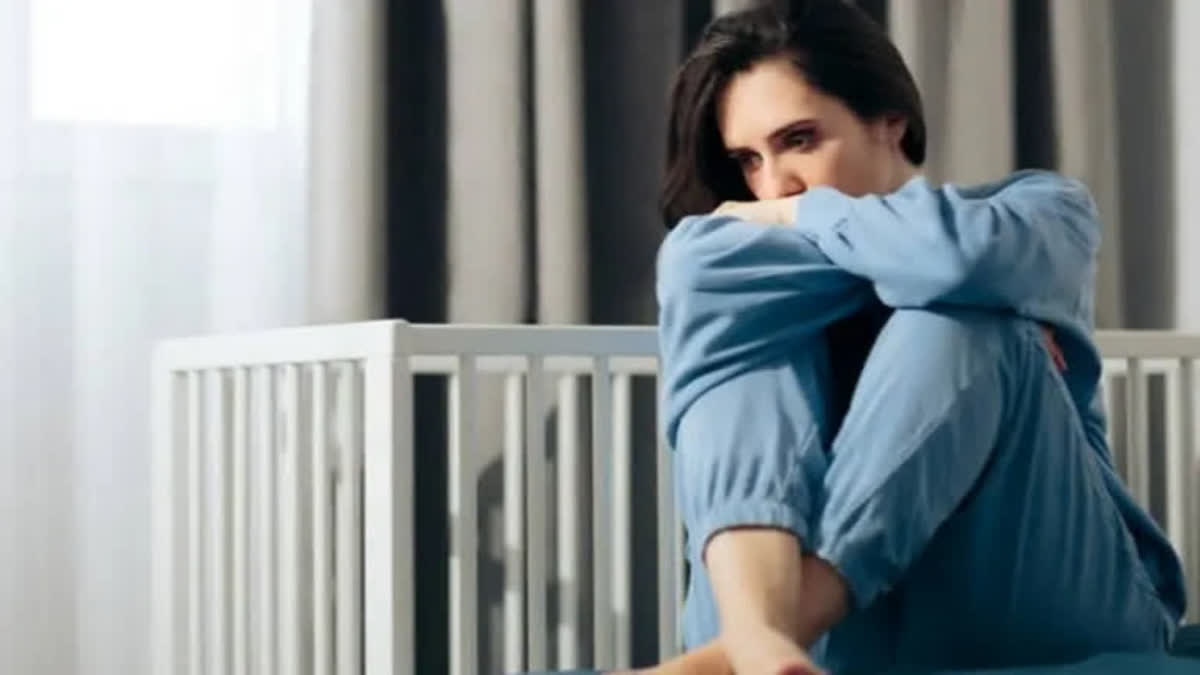Preston (UK): Something strange is going on in women's happiness research. Despite having more freedom and employment opportunities than ever before, women have higher levels of anxiety and more mental health challenges, such as depression, anger, loneliness, and more restless sleep. And these results are seen across many countries and different age groups. A recent survey conducted by the American Psychological Association may hold some clues as to why. The results found that most US women are unhappy with how society treats them.
Many women are still the main caregivers for children and elderly relatives. Most also have the double burden of managing the home and family arrangements on top of paid work responsibilities. And within the workplace three in five women have experienced bullying, sexual harassment, or verbal abuse.
The gender gap in wellbeing was notably documented during the pandemic, as many women took on more domestic and caregiving responsibilities on top of work. But it was also noted that although women took a bigger hit to their well-being they were quicker to recover, which seems to indicate that women are more emotionally resilient than men.
Also read:Our genes may influence depression to bipolar disorder, schizophrenia: Study
One of the factors that may contribute to women's resilience is social connection. In one 2019 study, researchers found that women scored higher than men for positive relationships with others as well as capacity for personal growth. In essence, women tend to be better than men at getting support. They ask for help sooner and so are more likely to overcome adversity quicker.
Women have also been found to place greater value on social connections than men. Studies have found that women's friendships are more intimate women favour face-to-face interactions that enable more self-disclosure and emotional support. Whereas men's friendships tend to be more side by side, pursuing shared activities. Think catching up watching a football match versus catching up over coffee. Again this may explain the buffer to women's mental health.
Also read:Aspirin could help cut diabetes risk by 15percentin over-65s: Study
Happiness versus purpose
Although women may not be as happy in the moment as men and face greater social inequality, a recent study suggests that women report having more purpose in their lives. And having meaning and purpose in life is associated with better health and living longer. The study found that women tend to engage in more altruistic endeavours, such as supporting others and charity volunteering which leads to a greater sense of meaning and purpose.
However, the researchers also point out that this is likely linked to cultural norms of women being encouraged to put the needs of others first. While putting others first does not necessarily make you happier, having a sense of meaning in life definitely contributes towards happiness.
